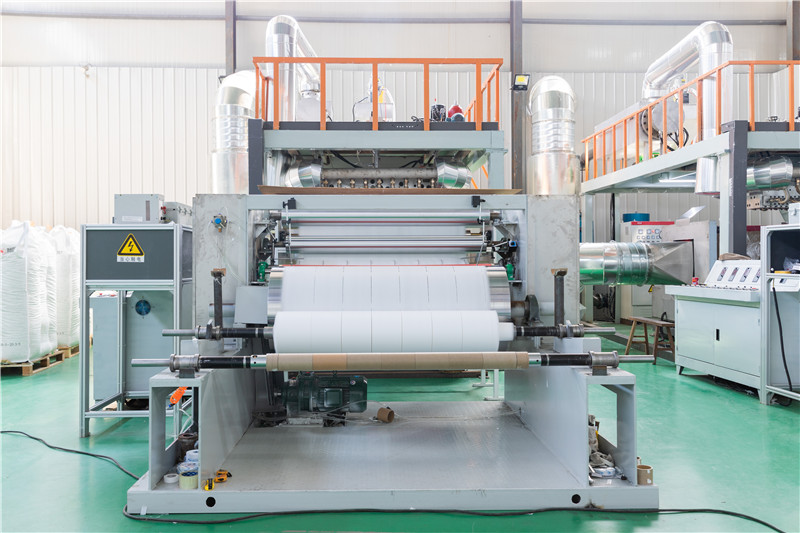A cement block machine, also known as a concrete block machine, is a device used to produce concrete blocks for use in construction. The machine typically uses a hydraulic system to compress concrete mix into molds, which are then cured and removed to produce finished blocks.
Capacity: The capacity of the machine can vary from small machines that produce a few hundred blocks per day to large machines that produce thousands of blocks per day.
Automation: The machine can be fully automated or semi-automated, depending on the specific needs of the user. Fully automated machines can produce blocks faster and with less manual labor.
Size and shape of blocks: The machine can produce blocks in various sizes and shapes, including standard concrete blocks, interlocking blocks, and decorative blocks.
Molds: The machine uses molds to produce the blocks, which can be customized to produce blocks with different textures, colors, and designs.
Power source: The machine can be powered by electricity or diesel, depending on the availability of power in the area where it will be used.
Maintenance: The machine requires regular maintenance and cleaning to ensure that it operates efficiently and produces high-quality blocks.
Overall, cement block machines are a versatile and essential component of modern construction, allowing for the efficient and cost-effective production of high-quality concrete blocks for use in a variety of applications. cement blocks machine The choice of machine depends on the specific needs and budget of the user, as well as the size and complexity of the construction project.
What are the most common sizes and shapes of blocks produced by cement block machines?
Cement block machines can produce blocks in various sizes and shapes, depending on the needs of the construction project.
Here are some of the most common sizes and shapes of blocks produced by cement block machines:
Standard concrete blocks: These blocks are rectangular in shape and typically measure 8 inches by 8 inches by 16 inches. They are commonly used for building walls and other structures.
Interlocking blocks: These blocks have a unique shape that allows them to interlock with each other, making them ideal for building retaining walls, garden walls, and other structures that require a high degree of stability. They come in various sizes and shapes, including rectangular, square, and curved.
Decorative blocks: These blocks come in a variety of shapes and sizes and are often used for decorative purposes, such as garden walls, flowerbeds, and retaining walls. They can be textured or colored to create a unique look.
Corner blocks: These blocks are used to create corners in walls and other structures. They typically have a triangular shape that fits snugly into the corner of a wall.
Half blocks: These blocks are half the size of standard concrete blocks and are commonly used to create a more precise fit when building walls and other structures.
Overall, the size and shape of the blocks produced by cement block machines depend on the specific needs of the construction project. It’s important to choose the right size and shape of blocks to ensure that the finished structure is stable, durable, and meets the desired aesthetic requirements.

